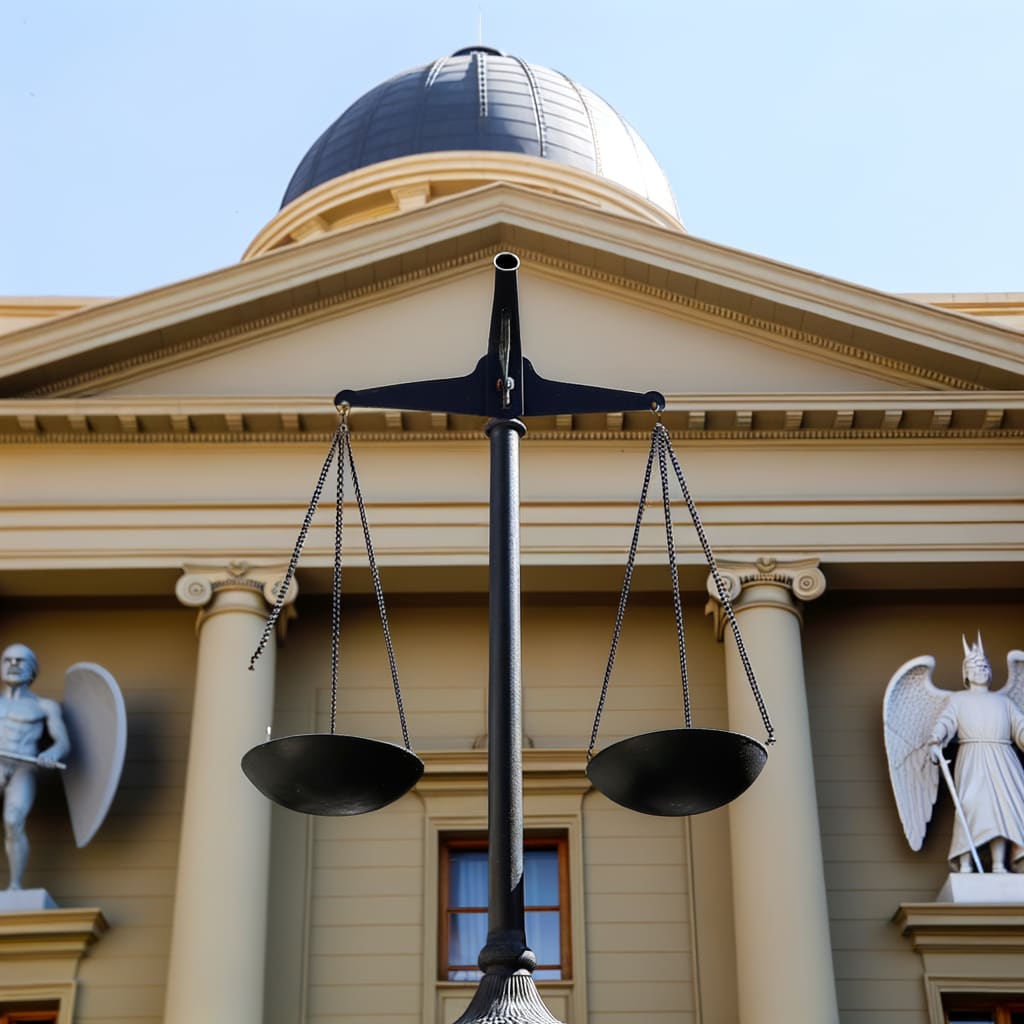Chile's Presidential Race: A Tense Runoff Between Far-Left Jara and Far-Right Kast
Chile's presidential race is headed to a nail-biting runoff between communist candidate Jeannette Jara and hard-right contender José Antonio Kast, after neither secured a majority in the initial round. The second round of the election is set for December 14, with polarised public opinion reflecting Chile's political extremes.
Background: A Polarised Election
Jeannette Jara, a 51-year-old former Labour Minister, is the candidate for Chile's center-left governing coalition. She claimed more than 26% of valid ballots in the first round but failed to pass the 50% threshold to secure victory. Despite her strong showing, Jara faces a challenging road ahead, as she now has to confront an opponent with a contrasting political ideology.
José Antonio Kast, a 59-year-old ultra-conservative lawyer, is running for the presidency for the third time. Known for his tough stance on crime and illegal immigration, Kast has positioned himself as a champion of law and order. His campaign's Trumpian feel has resonated with a significant portion of the electorate, garnering him approximately 24% of the vote in the first round.
A Clash of Political Extremes
The upcoming runoff represents a stark contrast of political ideologies. Jara, a member of the Communist Party, has twice won in the primary elections of the center-left coalition, displacing the more moderate sector. On the other hand, Kast, the leader of the Republican Party, has gained momentum with his strong discourse against crime and illegal immigration.
Reactions and Implications
Chilean President Gabriel Boric congratulated both Jara and Kast as they prepared for the runoff. The contest is expected to be fierce, with both candidates unleashing their entire arsenal in the final stretch of the contest.
The election, polarised around issues of crime and immigration, reflects deep-seated anxieties in Chile. Kast's campaign, linking crime to undocumented migrants and proposing a plan to expel migrants, has struck a chord with a section of the electorate. At the same time, Jara's progressive policies also have a significant following.
What's Next?
With the second round of elections looming, the outcome remains uncertain. Initial polls suggest a tight race, with neither candidate having a clear edge. While Jara led in the first round, she could face a tougher challenge against the united right wing.
The runoff election will not only decide Chile's next president but also signal the nation's political direction. The clash of extremes in the election underscores the deep divisions within Chilean society, making the runoff a critical juncture in the nation's political history.

